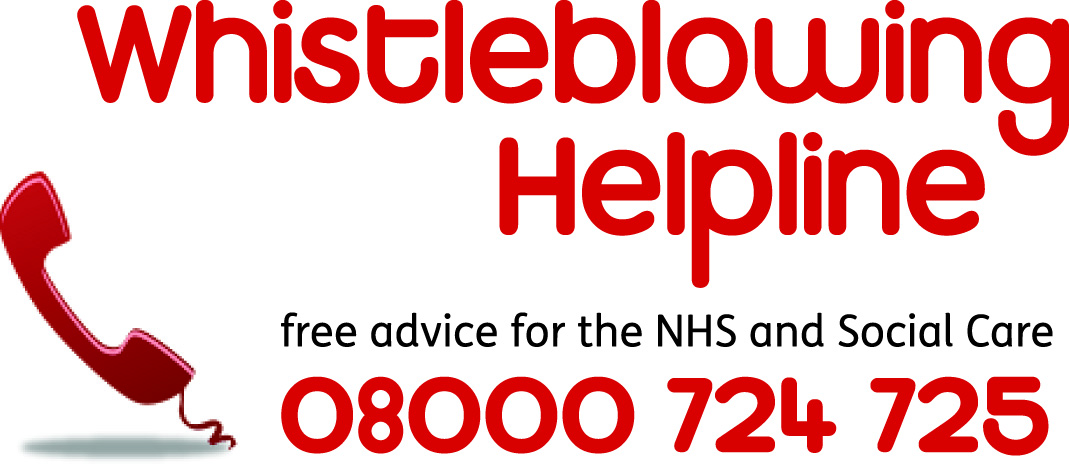Rosemary Crockett, from the Whistleblowing Helpline, explains how managers should respond when a worker raises a concern.
The Whistleblowing Helpline will shortly be publishing updated guidance on raising concerns in health and social care. This is what we advise managers to do when someone wants to “blow the whistle”.
1. Listen carefully to any worker raising a concern
Take the matter seriously, and thank them for raising it (even if you think they are mistaken). Acknowledge that it may be a stressful situation for them.
Respect their belief that they are raising a genuine concern in the public interest, and avoid prejudging whether this is valid.
2. Respond positively and clearly
Reassure the person that the concern will be looked into promptly. Respect requests for confidentiality, but explain limitations on this (for instance, in a police investigation).
Offer advice about support available to them (such as HR, Trade Union, counselling, or independent advice such as the Whistleblowing Helpline). Be clear where they should go if they experience reprisals from managers or colleagues.
3. Assess the facts
Keep an open mind – you may not want to believe all you hear, but stay objective. Focus on the information that is being disclosed, not the worker who is raising the concern.
Recognise emotions you may have, such as anger or distress, and ask for help if you need it.
4. Decide on the way forward
Assess how serious and urgent the risk is; whether the concern is a whistleblowing issue or a personal grievance; and whether referral to senior managers or a specialist function is necessary.
Where there are grounds for concern, take prompt action to investigate or if the concern is very serious escalate it to the most appropriate manager for investigation.
5. Maintain good communication with the worker
Keep the worker regularly updated on progress, and give them feedback on the outcome. Explain action to be taken (or not), but maintain confidentiality where this involves other parties. Explain any misunderstandings which may have occurred.
6. Act fairly
You are accountable for your actions. Remember that you may have to explain how you have handled the concern. Be clear on action taken or not and the rationale behind this, and never ignore or cover up evidence of wrongdoing.
Don’t ever penalise someone for making a disclosure that proves unfounded if, despite making a mistake, s/he genuinely believed that the information was true.
7. Seek appropriate advice and support
If you are uncertain about how to proceed, seek advice from HR or whoever has lead responsibility for personnel functions.
8. Keep clear, concise records of discussions
Record date(s), what was said and the response given, noting the nature of the concern, and record the outcome and actions taken.
9. Follow up action
Consider potential actions, which might be a disciplinary hearing, tackling issues of competence, or no further action. Are there ways to achieve constructive solutions for future improvement rather than simply apportioning blame?
Take steps to share learning and prevent recurrence elsewhere. Raise issues identified in relevant forums such as health and safety; risk assessment; quality reviews; or training and development reviews.
10. Ensure the process has a positive outcome
Publicise and celebrate improvements resulting from someone raising a concern (that person need not be named). This may encourage others to speak out.
Rebuild working relationships and teams after a concern has been raised, with appropriate support from HR, Trade Unions etc. Check on the wellbeing of the worker who raised the concern at regular intervals to ensure they have not suffered any disadvantage, bullying, or victimisation as a consequence of raising a concern.

The Whistleblowing Helpline offers free*, confidential and independent advice about whistleblowing processes to people working in the NHS and adult social care. The helpline can be reached by telephoning 08000 724725, emailing enquiries@wbhelpline.org.uk or visiting the website on www.wbhelpline.org.uk.
*Call charges from mobiles may vary.











